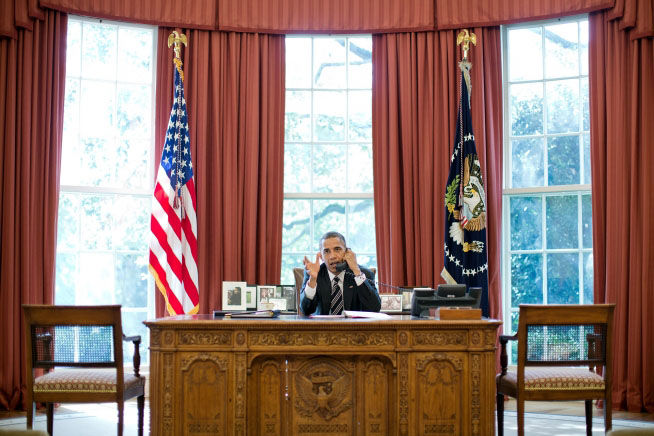Economists and strategists
A couple of weeks back, ASPI hosted a half-day meeting between economists and strategists. The goal was to explore how the two groups can cooperate in a public policy sense. It turned out to be a lively and interesting afternoon. As a scene setter, I spoke on what I saw as the similarities and difference between the two disciplines and also on the opportunities for collaboration. This post is a summary of what I said.
The core goal of public policy is very simple; we desire more good things and less bad things. Economists and strategists largely sit on opposite sides of this dichotomy. Economists seek to arrange society so that we can have more good things than would otherwise be the case. In contrast, strategists try to mitigate the risk of a particularly nasty class of bad things by reducing their likelihood and consequence.
The demarcation isn’t absolute. Economists worry a lot about economic stability (which is about avoiding bad things) and strategists take regard of the advantageous spin-offs from defence investment (which is about having more good things). Notwithstanding such exceptions, economists are mostly concerned with making the world a better place while strategists want to stop it from becoming a worse place.
Economics and strategy (in the form of strategic studies and the like) are both well established in our universities. But, while both fields produce credentialed experts at a rapid pace, it’s only in economics that formal training really counts for something. While it would be extraordinary for a non-economist to head the Reserve Bank or Federal Treasury, it’s routine for strategy to be practised by people with little or no formal academic background in the field. When was the last time a Secretary of the Department of Defence (or a Chief of the Defence Force) had an academic qualification in strategy? Read more

